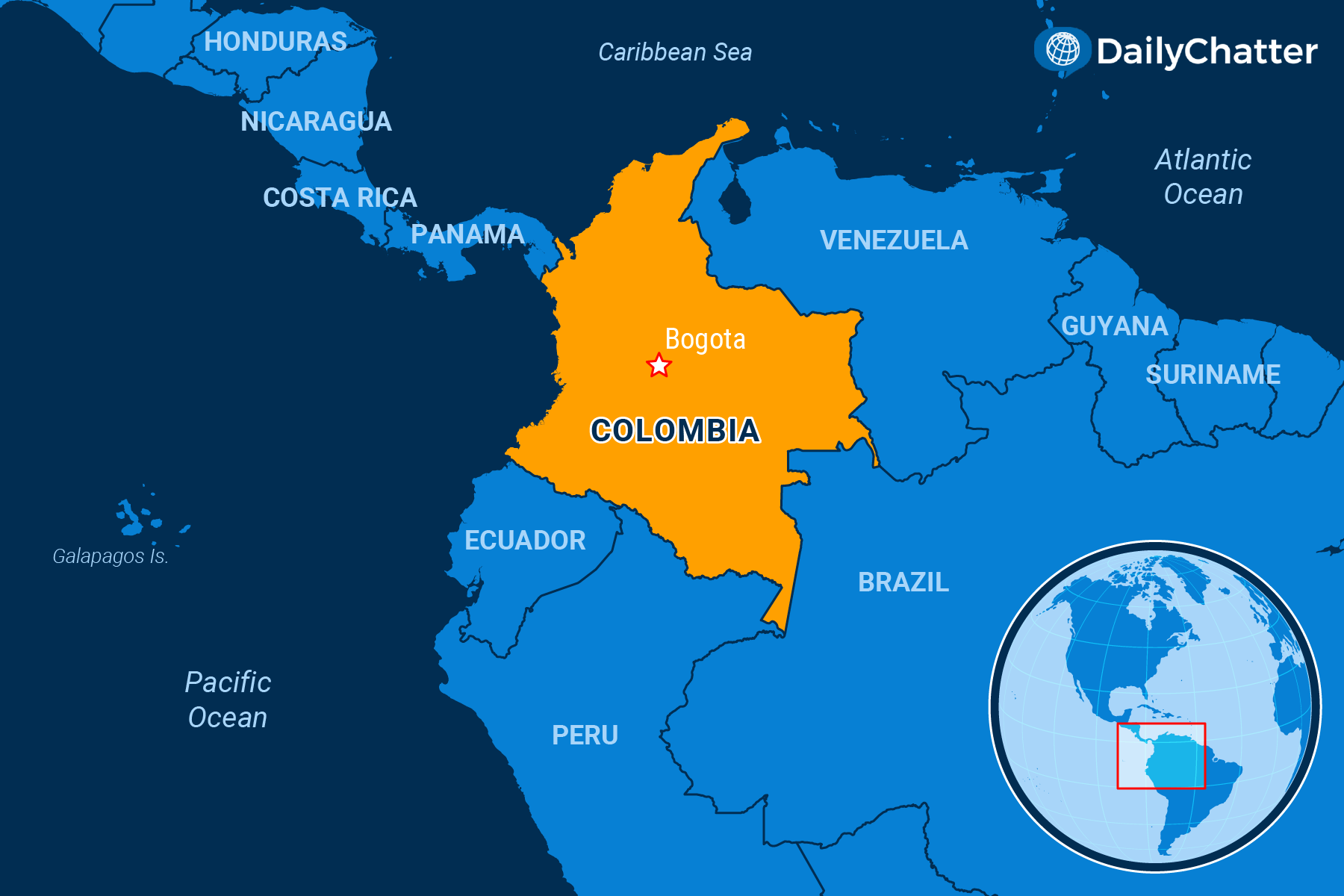Return of the Repressed
COLOMBIA

A Colombian rebel group, the National Liberation Army (ELN) announced a 10-day, unilateral ceasefire with government forces to allow voters in the South American country to cast ballots for a new president on May 29.
As Al Jazeera reported, the ELN is the largest remaining insurgent force in Colombia since the Revolutionary Armed Forces of Colombia (FARC) agreed to a 2016 peace deal ending the worst of bloody civil conflicts that had consumed the country since the 1960s. This decision could reflect how the group doesn’t want to do anything to harm the candidacy of Gustavo Petro, the former leftist mayor of Bogota, the country’s capital city.
Petro is now the frontrunner in the polls, according to Reuters. Nearly 44 percent of voters support him, compared to 27 percent of voters who said they would cast ballots for his main rival, conservative Federico Gutierrez, the former mayor of Medellin. If neither candidate receives a majority of the vote, a runoff will be held on June 19. Colombia’s President Ivan Duque, who is in the conservative camp, is ineligible to run for reelection.
A Petro victory would be a remarkable feat, analysts say. It would “overcome the dark legacy of Colombia’s hard-right oligarchy and a shameful history of US intervention,” argued Jacobin magazine, alluding to the Marxist-Leninist roots of ELN and FARC, the US-backed crackdown on communist movements in Colombia and the drug trade that complicated the fighting.
He wants to shift Colombia away from oil and coal, hike taxes on the rich, restore diplomatic relations with Venezuela – where a socialist government stands in opposition to the US influence in the region – and revisit the war on drugs. His vice-presidential candidate is black, a rarity for a higher office in Colombia.
Voters have never been this open or had the opportunity to be this open to a leftwing candidate, wrote the Financial Times. One reason for the shift is that Colombia is one of the most unequal countries in Latin America, a situation that has prompted many citizens to wonder whether US-style capitalism can help the lower classes.
Gutierrez, meanwhile, is running on a law-and-order platform, hoping that his pledges to combat cocaine production and rampant street crime will resonate. “People are tired of being robbed, of killings for a cell phone, a bicycle or a watch,” he told the crowd during an event that Bloomberg covered. “The most important thing is to guarantee security.”
Other South American countries’ voters have opted for leftwing candidates recently. Colombia’s election will, at the very least, demonstrate how much perspectives have changed over the past few decades.
No comments:
Post a Comment